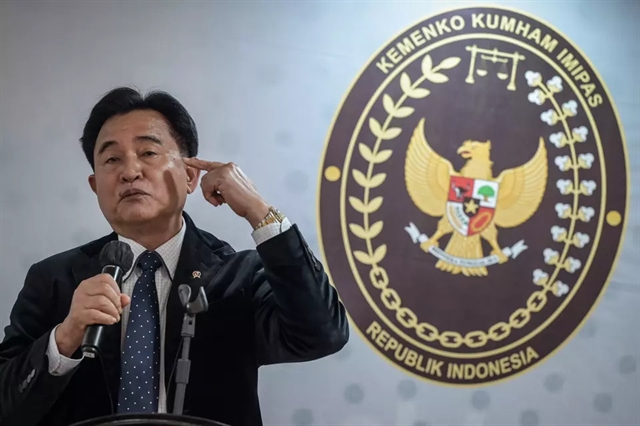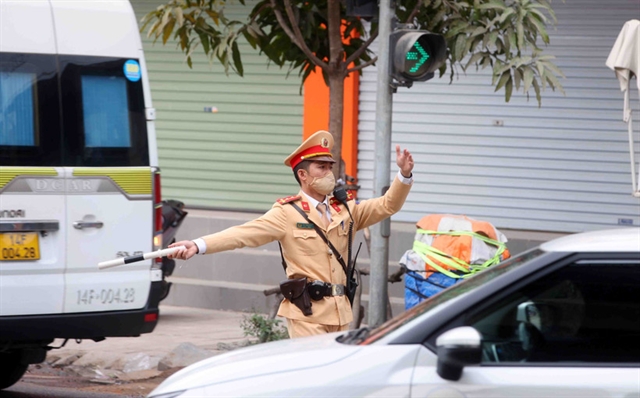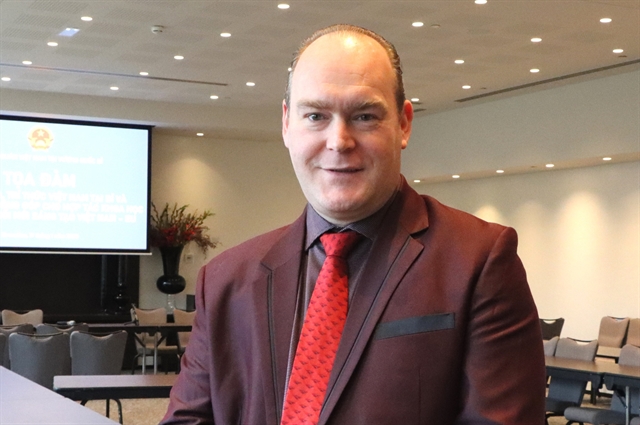 World
World

Iraq's interior minister submitted his resignation on Tuesday as authorities sought to contain the fallout from a bombing in Baghdad that killed more than 200 people and triggered widespread anger.
BAGHDAD — Iraq’s interior minister submitted his resignation on Tuesday as authorities sought to contain the fallout from a bombing in Baghdad that killed more than 200 people and triggered widespread anger.
Officials, apparently seeking to shore up their image after the attack claimed by the Islamic State group, had already announced new security measures, the execution of five convicts and the arrest of 40 jihadists.
The suicide car bombing ripped through Baghdad’s Karrada district early on Sunday when it was teeming with shoppers ahead of the holiday marking the end of the Muslim fasting month of Ramadan, sparking infernos in nearby buildings.
"I placed my resignation before the prime minister," Mohammed Ghabban told a news conference, though it was unclear if it would be accepted, and he may yet stay in office.
Ghabban said the explosives-rigged car came from Diyala province north of Baghdad, meaning it likely successfully navigated a security checkpoint on the way into the capital.
He described as "absolutely useless" the checkpoints that are littered throughout capital, which have long been a pillar of government efforts to secure the city.
But he did not directly accept responsibility for the bombing, rather saying the security system was fundamentally flawed and that he could not "be responsible for the blood and responsible for this confusion in this security system."
Ghabban called for a series of changes, including transferring responsiblity for the capital’s security from the Baghdad Operations Command to the interior ministry, that would ultimately increase the minister’s power.
Prime Minister Haider al-Abadi announced changes to security measures following the blast, including scrapping fake bomb detectors that were still in use years after the man who sold them to Iraq was jailed for fraud in Britain.
Authorities also hailed the arrest of 40 jihadists who were said to be connected to planned attacks, while the justice ministry announced the execution of five convicts, linking the timing to the Baghdad blast. — AFP




